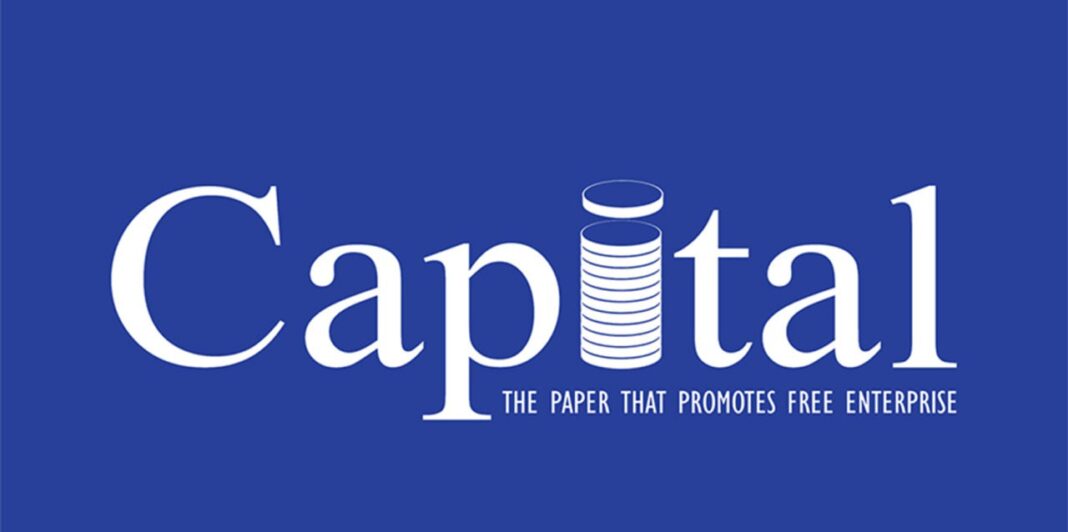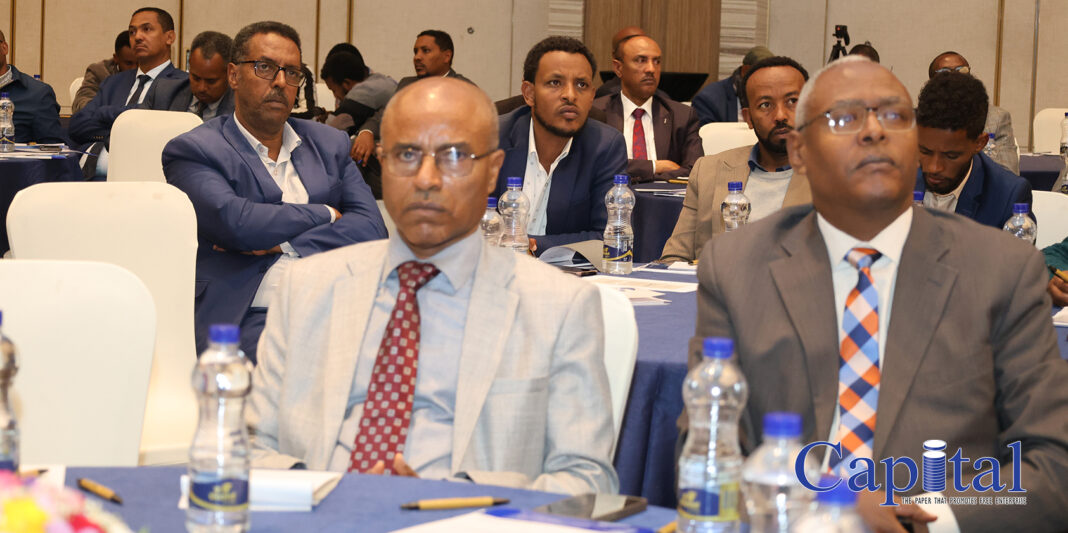Economic development requires visionary leadership, individuals capable of navigating complex systems, mobilizing resources, and inspiring collective progress. But there is a fine line between visionary thinking and delusional ambition. When that line is crossed, and ego overshadows purpose, leadership can evolve into a narcissistic force that hinders rather than helps development. This article examines the dangerous progression from delusion to narcissistic leadership in the context of economic development, and its consequences for policy, institutions, and the populations they serve.
Economic development leaders, whether in government, international institutions, or large-scale NGOs often operate under intense pressure to produce transformative change. In such high-stakes environments, some leaders begin to perceive themselves as the sole drivers of progress, armed with a grand vision that brooks no opposition.
This delusional thinking can manifest as overpromising rapid development despite economic complexity, ignoring institutional limitations or the socio-political context and believing that dissent or caution is equivalent to sabotage.
The “economic savior” narrative is seductive. It frames the leader as a bold reformer, standing above bureaucracies and political inertia. However, this often masks a refusal to engage with messy realities, a red flag that delusion is turning into something more dangerous.
When delusion hardens into narcissism, leadership becomes more about personal legacy than public good. Narcissistic development leaders may monopolize credit for economic gains while blaming others for failures, suppress dissenting economists or institutions to maintain a curated image of success, divert public resources to vanity projects that serve their image more than their people and manipulate data and narratives to create illusions of progress.
Such leaders are often skilled at public relations, using media, think tanks, and international forums to project their success. But behind the scenes, policymaking becomes centralized, data becomes politicized, and long-term development suffers.
The fallout of narcissistic leadership in economic development is profound. Funds are funnelled into megaprojects that are visible, not viable – airports in empty regions, smart cities without infrastructure, or unnecessary industrial parks. Independent economic agencies are undermined or politicized, damaging long-term planning capacity. Economic indicators are manipulated to maintain the illusion of progress, eroding credibility with both citizens and global partners. Promises of prosperity go unfulfilled, increasing inequality and breeding cynicism or unrest. Development partners become wary, investment dries up, and donor confidence erodes.
Several factors make economic development particularly vulnerable to narcissistic leadership. Weak institutions allow power to concentrate without checks. International praise for early-stage success can fuel a messiah complex. Short political cycles incentivize spectacle over substance. Crisis conditions (post-conflict, natural disasters) create a “strongman vacuum,” where the leader’s word becomes law.
Moreover, donors and development agencies sometimes unwittingly enable narcissistic leaders by prioritizing project completion and KPIs over genuine institutional development.
To prevent and correct this trajectory, several safeguards are essential. Strengthen independent institutions: National statistics offices, central banks, and planning commissions must operate free of political interference. Build coalition-based leadership: Economic development should be seen as a collaborative process, not a personal crusade. Encourage long-term, people-centered planning: Focus on inclusive policies and infrastructure that serve actual needs rather than grand narratives. Empower civil society and media: A strong public discourse can challenge delusional claims and hold leaders accountable. Insist on transparency and data integrity: Donors, investors, and multilateral organizations must demand verifiable metrics and transparent audits.
In economic development, the most effective leaders are not those who shout the loudest or promise the most. They are those who listen, build consensus, learn from failure, and stay anchored in the lived realities of their populations. The shift from delusion to narcissistic leadership represents a serious threat – not just to individual countries, but to regional stability and global development goals.
The antidote is not just better leadership, but stronger systems that can endure beyond any one person’s vision or ego. Only then can economic development be sustained – not as a personal legacy, but as a collective achievement.






